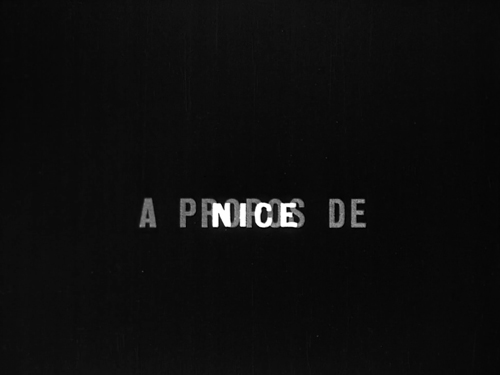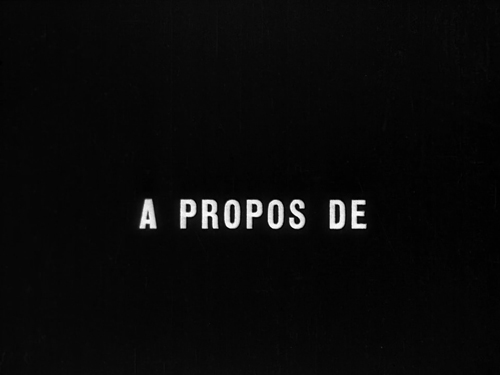Jean Vigo
Jean Vigo (1905-1934) was a French filmmaker. In his short life Vigo made four films, characterized by a combination of social engagement and lyrical poetry: À propos de Nice (1930), Taris, roi de l'eau (1931), Zéro de conduite: Jeunes diables au collège (1933) and L'Atalante (1934). His poetic realism wouldn’t be recognized until 1945. Since then, his reputation has grown. He has influenced many filmmakers. Every year, the Jean Vigo Prize is awarded to a work known for its “independence of spirit and quality of directing”.




